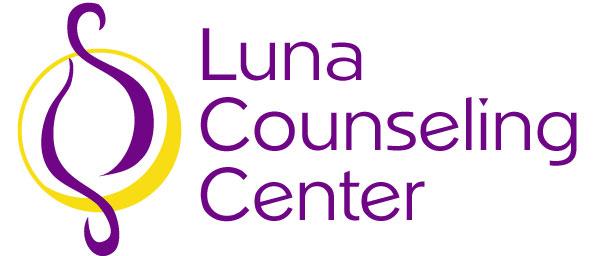Menu

We are here to provide the emotional and psychological support that is needed during this difficult time. We will be a companion and guide on your journey to healing. It seems our culture encourages people struggling with reproductive issues to “get over it” and “move on”. This is an oversimplified and ineffective way of handling these concerns. You do not have to go through this struggle alone in silence.
In addition to working with perinatal mood disorders, unintended pregnancy loss, infertility, and teen pregnancy, we also work with:
• Abortion
• Pregnancy after loss
• High-risk pregnancy
• Other pregnancy or new parenthood issues
1Milgrom, J. et al. (2005). A randomized controlled trial of psychological interventions for postnatal depression. British Journal of Clinical Psychology. 44, 529-542.
2Maker, C & Ogden, J. (2003). The miscarriage experience: More than just a trigger to psychological morbidity? Psychology and Health, 18(3), 403-415.
3Brier, N. (2004). Anxiety after miscarriage: A review of the empirical literature and implications for clinical practice. Birth, 31(2), 138-142.
4Watkins, k.J. & Baldo, T.D. (2004). The infertility experience: Biopsychosocial effects and suggestions for counselors. Journal of Counseling & Development, 82, 394-402.
5The National Campaign to Prevent Teen and Unplanned Pregnancy, www.thenationalcampaign.org
